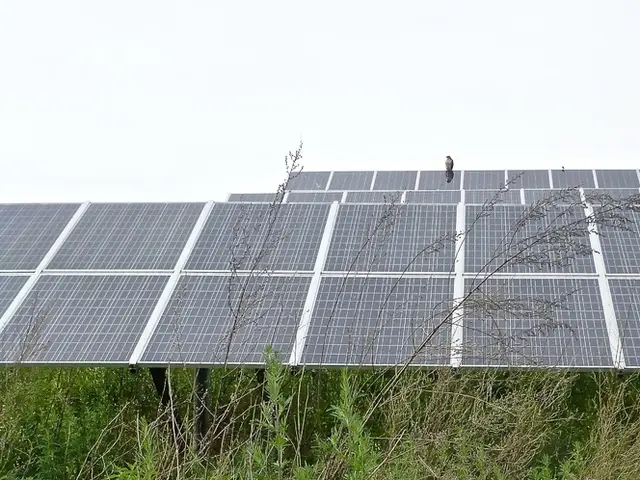Germany's Digital Push to Combat Climate Change
Germany is harnessing digital technologies to combat climate change, with the potential to contribute up to 26% of its 2030 climate goals. The country is focusing on sustainable digitization, investing in digital infrastructure, and supporting small and medium enterprises (SMEs) to leverage technology for environmental protection.
Germany's approach to sustainable digitization is multifaceted. Initiatives like the RKW Kompetenzzentrum are assisting SMEs in transitioning to sustainable practices and utilizing digitalization to meet environmental objectives. Meanwhile, substantial investments are being poured into digital infrastructure projects such as the Breitbandausbau, fostering digital sovereignty and innovation.
Digital technologies are proving instrumental in sustainability efforts. Optimized wind turbines, for instance, can generate more energy with less environmental impact. AI-driven factories are improving efficiency, reducing waste, and sparing the use of resources like fertilizers. Better framework conditions for sustainable digitization are expected to amplify these CO2 savings and overall sustainability.
Germany's commitment to sustainable digitization is evident in its initiatives and investments. By supporting SMEs and bolstering digital infrastructure, the country aims to maximize the environmental benefits of digital technologies. This strategic approach could see digital technologies contribute significantly to Germany's 2030 climate goals.
Read also:
- Industrial robots in China are being installed at a faster rate than in both the United States and the European Union, as the global market for these robots faces a downturn.
- Galvanize Unveils $1.3 Billion Plan to Fund the Energy Sector's Evolution Pathway
- EAFO Research Uncovers Crucial Elements in Electric Vehicle Adoption within the EU
- Kazakhstan: From Nuclear Test Ground to Disarmament Champion








